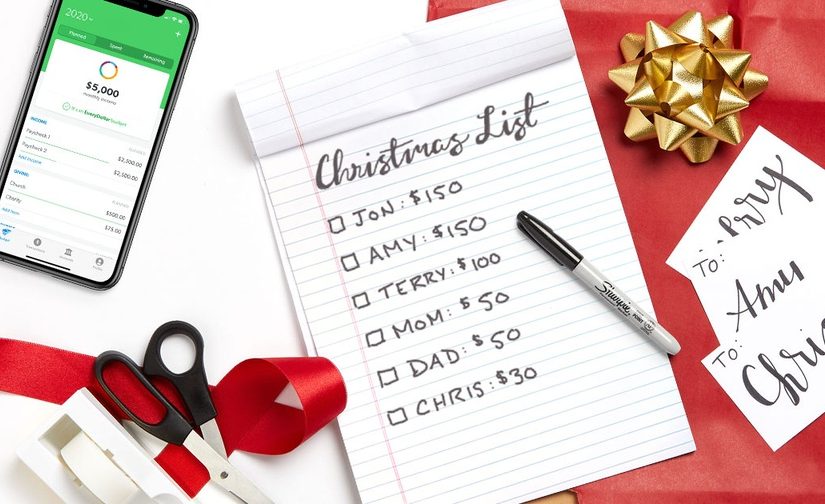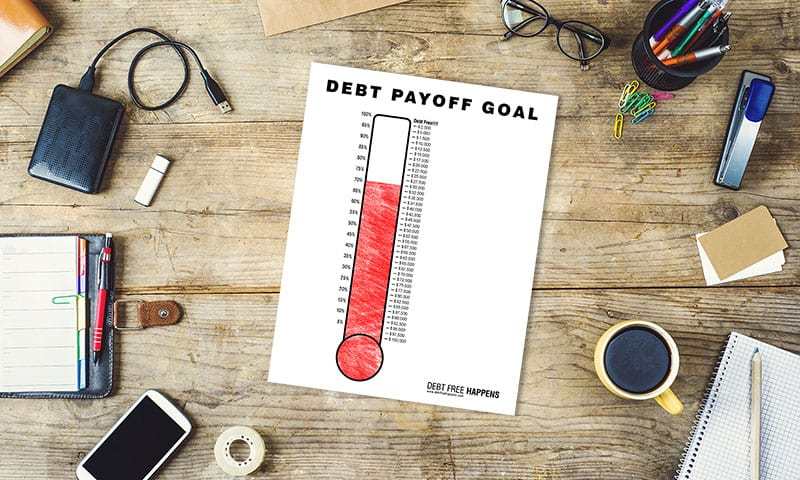Want to feel lucky with your money but do not want to buy lotto tickets? It’s the Year of the Rabbit, the luckiest of all animals in the Chinese culture. If you want 2023 to be a year with luck, you may need to make some adjustments to your financial routine. Let’s hop into 2023 to make it one about improving your financial well being.
Good luck does not just happen for most of us. How many people do you know that have won the lottery- probably no one or only a few people, if any. You can probably see around your community and family some people that appear to be lucky with their money but, they probably have good financial habits and routines that you can also adopt at no cost. Part of “being lucky” is being knowledgeable and planning for upcoming costs. You too can learn to create good financial habits in 2023.
Here are 5 positive financial habits you can do in 2023 to improve your financial well being:
- Know your Financial position with your bank and creditors. Commit to reviewing your bank account daily or every few days. This will give you a better idea of what funds are available and what is being spent. Ask yourself sometimes- are these expenses realistic and within my means. Do I see any adjustments that can be made in my expenses or timing. Maybe you can change the timing of some bills to be paid when you receive your income. Also, reviewing your bank account will let you know if something happened that you were not expecting right away, so you can address it.
- Be registered with the Government of Canada’s accounts that show your personal financial details. This is how the government will notify you if they have money to give you and or if you have any money to pay them. This will keep you from being scammed via a phone call, a text or an email, into a fraud that can potentially cost you money. The government will send you messages via these accounts and you log into these accounts to read the messages, or you can call them for details. Canada Revenue Agency’s “My Account” is for your income tax, GST/HST benefits, Canada Child Benefit, etc. Employment and Social Development Canada’s “My Service Canada Account” is details for your EI, CPP, CPP Disability and OAS.
- Communicate regularly with your household on financial matters. Have an “Executive Meeting” with the adults to talk about the plans. If you are a single parent, maybe chat with another adult or older family member. With your kids, include them in family meetings when discussing groceries and planning for events. Menu planning is a good way to save money on the grocery bill. Kids can help this process in getting creative to make healthy meals within a set cost.
- Treats are not treats if it is a daily event. If you do not have funds to cover all your bills and put emergency savings aside, then you need to review your daily and weekly costs to see if your “treats” are a way you can cut back. Are you getting a daily coffee? Can you make it at home? Are you getting your nails done every week? Can you do it yourself and treat yourself a few times a year to get it done professionally?
- At the start of every season take stock of your household. Look at items of the season that just past to evaluate for next season, ie will you get another winter out of the tires or do you need to save for new tires this coming year? / what if you had your Aunt help you fix the tear on the winter coat, then would you get another winter out of it?. Look at items this coming season, and review if you need updates or if it’s time to purge. Maybe the kids are too old for the toys or outgrown clothes. Can you look at selling or trading some of the toys or clothes?
These 5 positive financial steps may help you be in a better position to cover some costs, put savings away and or live financially strong as a family.
If you want more specific ways to create a budget, please see our website to access tools to help you create one.
If you are feeling unlucky and creditors are too overwhelming to manage on your own, please reach out to Rita Anderson & Associates Inc. Contact is today at 902-539-8200 or by clicking this link. We are here to help you get relief and control of your financial well being.










